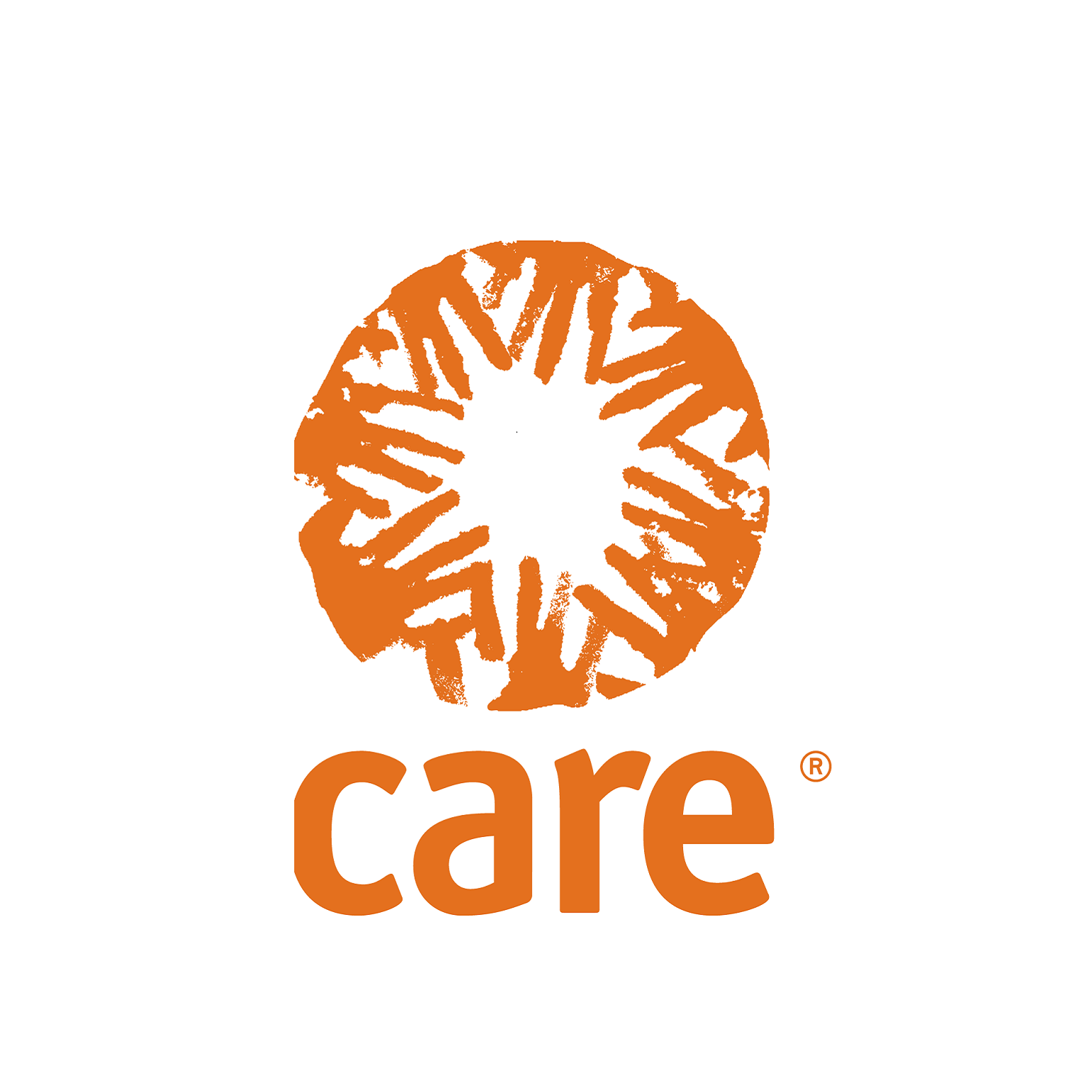Episodes
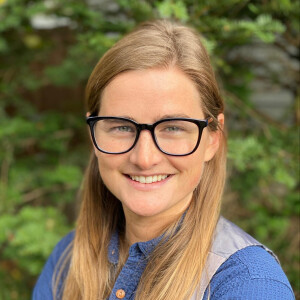
Tuesday Jul 30, 2024
Scary Conversations
Tuesday Jul 30, 2024
Tuesday Jul 30, 2024
What happens when your consultation processes go off the rails? Lauren Beriont from The Emgergence Collective talks about how a lot of our feedback and co-creation processes face three major problems:
1) They assume a trust that does not exist between different stakeholders
2) They are centering the wrong actor--the donor or the most powerful group in the process--instead of focusing on the impact the world needs to see.
3) They are looking to validate a plan that is already in place (but maybe not on paper yet), not create a new plan
How do we fix that? Have scary conversations. Talk about what's not working, what assumptions people holding, and tackle real power dynamics. Look at what impact donors expect, vs. the kind of impact people are actually seeing happen.

Thursday Sep 21, 2023
Cozy with the context
Thursday Sep 21, 2023
Thursday Sep 21, 2023
Monalisa Salib wants you to get cozy with the context. If your theory of change is full of assumptions and logical statements that could easily be true anywhere in the world, it's probably not going to work. Only by understanding the context where we operate and respecting the actors and the expertise in that context will real change happen. That means knowing the specific players, actors, and dynamics where change gets done. Another tip she has for you: people matter more than process, and technical solutions will never be enough.
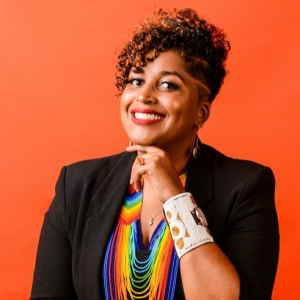
Monday Feb 20, 2023
Stop Analyzing and Act
Monday Feb 20, 2023
Monday Feb 20, 2023
Crystal Simeoni, the Director of NAWI Collective, shares tips for decolonizing, deconstructing, bravery, and joy in development. International development gets so much wrong, but there are ways to be better. Some of Crystal's tips include: align your operations with your values, give up power, center care, and just get it done. You know what you need to do; stop analyzing and act. A few other key pieces of advice: "slow it way down," "pull your head up from your laptop," and "the narrative of capacity is a lie." Crystal helps think about redefining success, and who gets to build the future. And if she could wave a magic wand, Crystal would have a feminist audit firm take charge of operations.
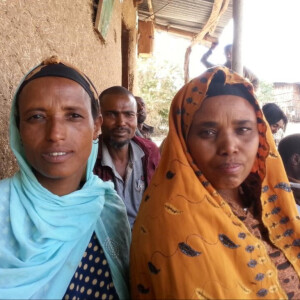
Tuesday Jan 10, 2023
Perception is Everything
Tuesday Jan 10, 2023
Tuesday Jan 10, 2023
When you're leading a change to have more equity in your staffing practices, people who hold privilege will feel that they are losing power, no matter what the data says. You also don't usually get to such a profound organizational change unless you REALLY have a problem. Listen to Esther Watts talk about how CARE Ethiopia had to change it's policies and practices so the staff was no longer 26% women--the worst equity rate of any office in the CARE federation, and what they had to do to get there. Diversity makes a difference, and you have to have a lot of courage to get there. Esther's advice? "go go go. Stand by the courage of your convictions."
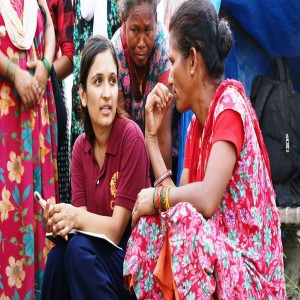
Tuesday May 11, 2021
We are not superior: lessons on working authentically with local organizations
Tuesday May 11, 2021
Tuesday May 11, 2021
Mona Sherpa from CARE Nepal reflects on lessons learned in responding to emergencies in true collaboration with local partners. "We are not superior. Learning has to go both ways," she says. It's not just about your plans on paper or your commitment to principles, but also your actions and your systems.
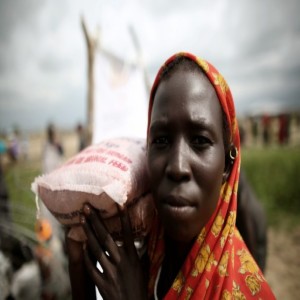
Friday Apr 09, 2021
Friday Apr 09, 2021
"Don't try to win for yourself. Try to win for impact." Rahul Chandran talks about what he terms the catastrophic failure of innovation in the humanitarian sector, why importing the Silicone Valley model of innovation and scale doesn't work, and how collective action and anti-racism are the only solutions. "Scale isn't about big" is just one of his provocations to the sector at large.
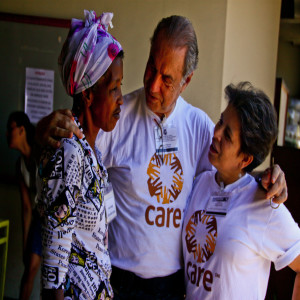
Wednesday Oct 14, 2020
Implementers vs. Allies
Wednesday Oct 14, 2020
Wednesday Oct 14, 2020
Tatiana Bertolucci--CARE's Regional Director for Latin America and the Caribbean--talks about what she learned closing the CARE Brazil office. We need to engage with curiosity and treat organizations in the global south as powerful allies, not people who merely implement our agenda. We also need to invest in more diverse boards. "There is knowledge everywhere if we will listen to it." Another lesson is "scream for help sooner" when something is not working.
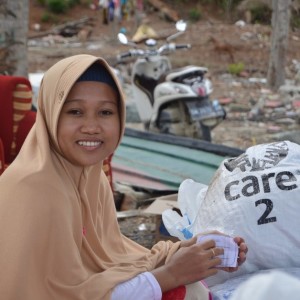
Wednesday Jun 03, 2020
CARE of 1000 papers: How our best intentions can hurt local activists
Wednesday Jun 03, 2020
Wednesday Jun 03, 2020
How do international NGOs create problems when they team up with local activists? It's the CARE of 1000 papers, where our processes are so focused on reducing risk that we bury local groups under the weight of our expectations, and don't give them the support they need. Puji Pujiono of the Pujiono Center and Victoria Palmer from CARE Canada talk about their paper based on the Sulawesi response in Indonesia, where we learned a lot about what we can do BEFORE we reach out to local partners so that we're truly helping response and empowering those partners. Stay tuned for part 2, where they discuss what we can do once a crisis hits.
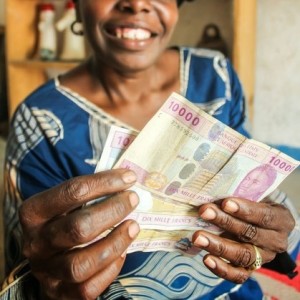
Wednesday Dec 04, 2019
9 Things You're Probably Doing Wrong: Lessons from Global Cash Programming
Wednesday Dec 04, 2019
Wednesday Dec 04, 2019
Holly Radice--CARE's Global Cash and Voucher Assistance Advisor--talks about the most common mistakes she sees when people implement cash programming. Some of her tips? Pay attention to GBV, focus on women and engage men, and most of all--don't be afraid of cash! There are lots of resources that can help you get it right.
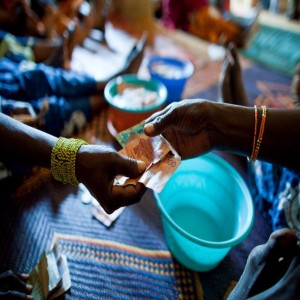
Friday Aug 09, 2019
Friday Aug 09, 2019
By popular demand, we've translated the August 1 Francophone episode into English. When CARE first started working with Village Savings and Loan Associations (VSLA) in Niger, we nearly broke the model because we were sure that we knew what to do, and women were wrong. Field staff were afraid to tell us that women were sharing out the money--a practice that is now a cornerstone of a global approach reaching millions of people. Why? Because it went against all of our assumptions about economic empowerment. Dr. Fatma Zennou from Niger talks about how to create a culture where people are not afraid to highlight innovations and the unexpected, where money isn't everything in empowerment, and where we help women put their voices together for change.
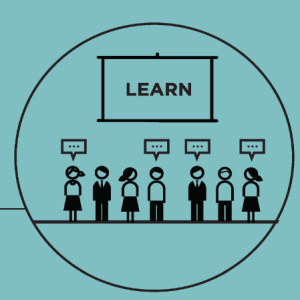
Wednesday Mar 27, 2019
The Art of Humility: Accepting Reality and Learning From Failure
Wednesday Mar 27, 2019
Wednesday Mar 27, 2019
Ian Lathrop from USAID’s LEARN project talks about how to show the art of humility, and learn from failures so we don’t repeat them. After action reviews, pause and reflect, and having leaders model behavior are all practical actions he suggests for getting better at this. Some of the resources he suggests to create space for learning from failure are USAID Learning Lab - CLA Maturity Tool Resources, the video on Community Connector and CLA: Proving the Concept, and Learning Lab’s failure blog.
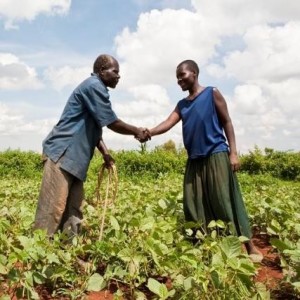
Tuesday Feb 19, 2019
Tuesday Feb 19, 2019
Octavio de Sousa from CARE Mozambique talks about our recent post-project evaluation of agriculture adoption. Some practices the community never adopted—but didn’t tell us until 5 years later. Some they did adopt, but market forces made it impractical after the project ended. Octavio reflects on how power dynamics, safe spaces, and incentives can prevent us from making the best impact possible, and from applying our learning. Read the Learning Brief published with our partner FANRAPAN here.
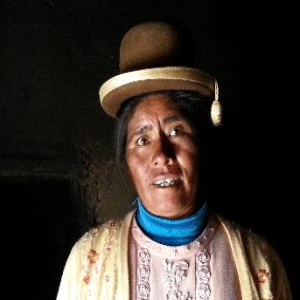
Wednesday Nov 07, 2018
A Year of Listening: Why we struck out with social movements the first time we tried
Wednesday Nov 07, 2018
Wednesday Nov 07, 2018
"It's all about being slapped in the face by others" says Sofia Sprechmann--CARE International's Program Director--about how CARE misfired on its first effort into working with social movements in Latin America, and how we had to focus on listening and building trust.

